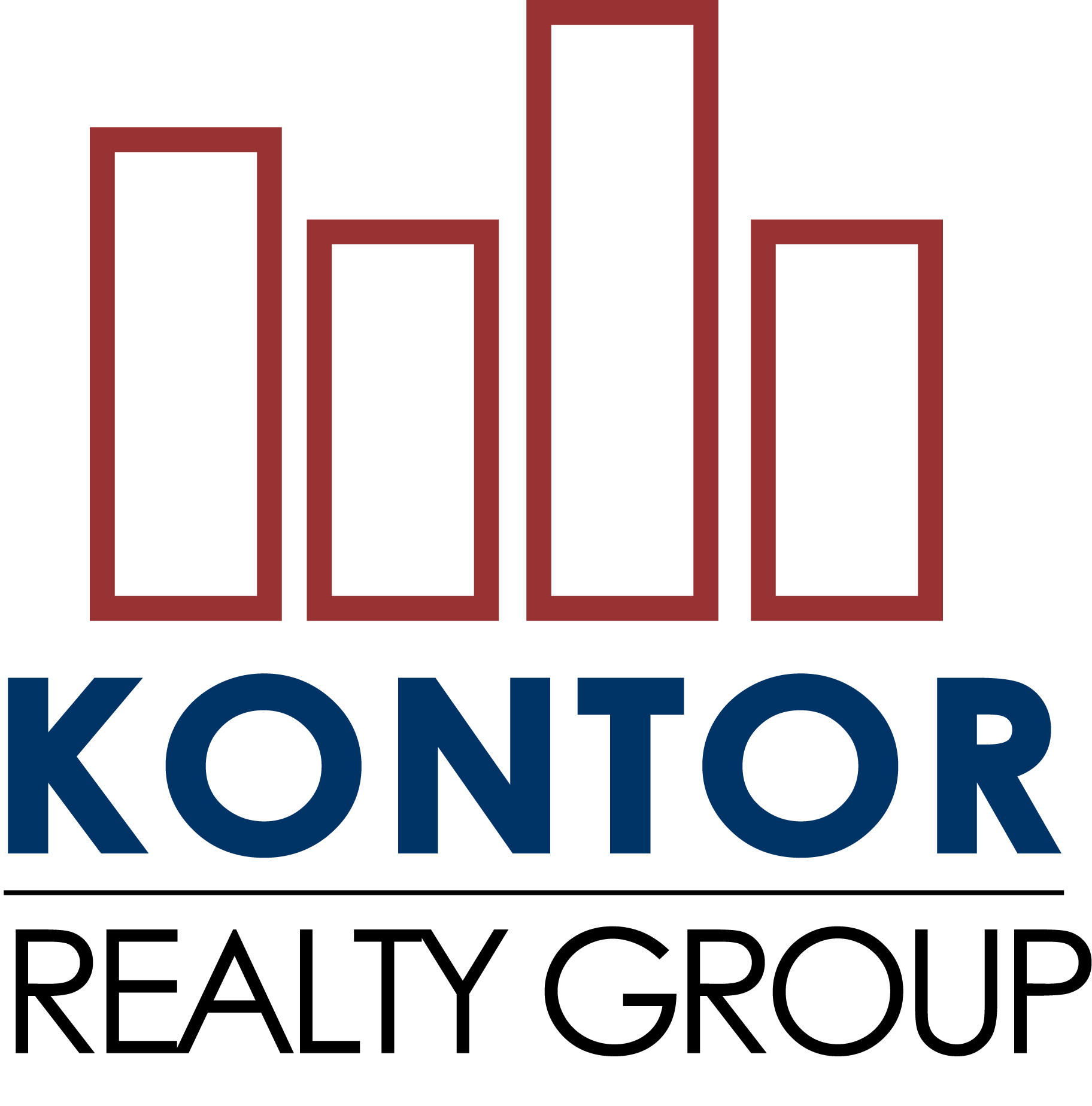Closing on a home is the final step in the home-buying process, and it often comes with a mix of excitement and anxiety. This crucial phase involves several key activities, essential documentation, and a few financial transactions. To help you better understand what to anticipate, we’ll break down the entire process from start to finish.
Review and Sign Documents
As the buyer, one of your primary responsibilities during closing is to review and sign a series of legal documents. These documents typically include the closing disclosure, loan agreement, promissory note, deed of trust or mortgage, and more.
The Closing Disclosure
The closing disclosure is a detailed document that outlines the final terms and costs of your mortgage loan. It includes information on your loan terms, monthly payments, fees, and other costs. It’s crucial to review the closing disclosure carefully and ensure that all the information is accurate and matches the Loan Estimate provided at the beginning of your mortgage application process.
Loan Agreement and Promissory Note
The loan agreement delineates your obligation to repay the borrowed amount under specified terms. Accompanying it, the promissory note serves as a written promise to repay the loan. It’s essential to understand these documents fully before signing, as they legally bind you to the loan terms.
Deed of Trust or Mortgage
The deed of trust or mortgage secures the lender’s interest in the property until you fully repay the loan. This document is recorded with the county and makes the property collateral for the mortgage.
The Closing Meeting
The closing meeting may take place at a title company’s office, an attorney’s office, or another agreed-upon location. Several parties typically attend the closing, including the buyer, the seller, real estate agents, and sometimes attorneys.
During the closing meeting:
- Each party will have a chance to review and sign various documents.
- You will provide a cashier’s check or wire transfer to cover your down payment and closing costs.
- The seller will hand over the keys to the property.
- The title transfer will be executed, and you’ll receive a clear title to the home.
It can take a couple of hours to complete this process, so allocate sufficient time to go through everything without feeling rushed.
Understand the Costs
Closing costs are another critical aspect of the closing process. These are fees and expenses you must pay to finalize the real estate transaction. Common closing costs include:
- Loan Origination Fees: Charged by the lender for processing the mortgage.
- Appraisal Fees: Payment for the professional appraisal of the property.
- Title Insurance and Search Fees: Coverage that protects you and the lender against claims that may challenge your ownership.
- Home Inspection Fees: Charges for the inspection of the property to assess its condition.
- Property Taxes: Often, you’ll need to prepay a portion of property taxes.
- Homeowners Insurance: Required as coverage for your new home.
The total of your closing costs can range from 2% to 5% of the property’s purchase price. Ensure you have these funds prepared in advance to avoid any delays in closing.
Title and Insurance Verification
Before closing, your lender and title company will verify that the title to the property is clear and free of any legal issues. They’ll ensure there are no liens, claims, or disputes that could cloud the property’s title. Additionally, you’ll need to purchase a homeowner’s insurance policy, as lenders require this to protect their investment in your property.
Final Walk-Through
Usually, the day before or the day of closing, you’ll have a final walk-through of the property. This walk-through is your last opportunity to confirm that the condition of the home hasn’t changed since you last saw it and that any agreed-upon repairs have been made. Check that appliances and systems are functioning, and look for any unexpected damage that might have occurred.
Funding
The final aspect of closing involves ensuring that all funds are appropriately distributed. This step includes your lender disbursing the loan funds to the title or escrow company, who then pays off the seller’s mortgage (if applicable) and distributes the remaining funds to the seller. You’ll also pay any remaining down payment and closing costs. Once all funds are verified as received, the transaction is complete.
Receive the Keys to Your New Home
Once the documents are signed, funds disbursed, and everything is in order, you will receive the keys to your new home! This marks the end of the closing process and the beginning of your journey as a homeowner.
The closing process might seem overwhelming, but understanding each step can help ease some of the stress. Prepare yourself by gathering the necessary documents, reviewing everything meticulously, and being aware of all related costs. By knowing what to expect, you can ensure a smooth and successful closing experience, securing the keys to your new home with confidence and excitement.




